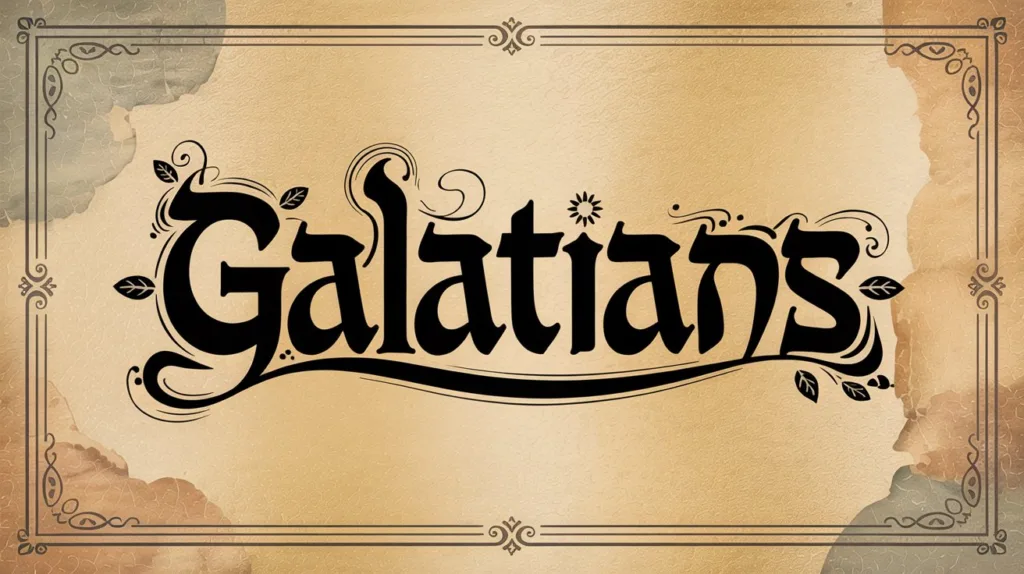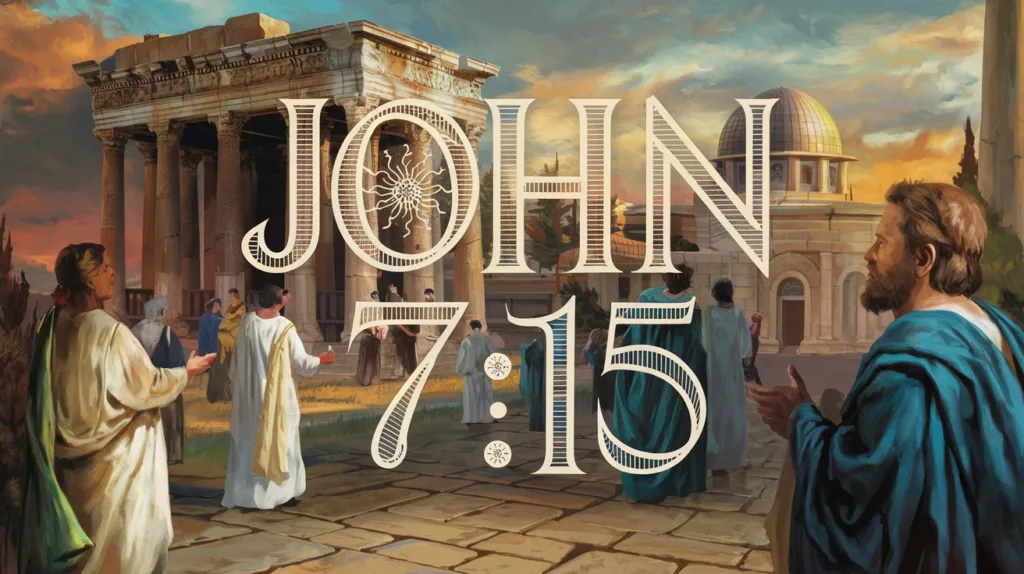A Bible Study on The Dove at Jesus’ Baptism
At the baptism of Jesus, the Holy Spirit descended "like a dove." All four Gospels record this divine moment. It was not poetic embellishment. It was a visible sign from heaven. But what exactly was seen? Was it a literal dove? Was it a metaphor? Or something else...










